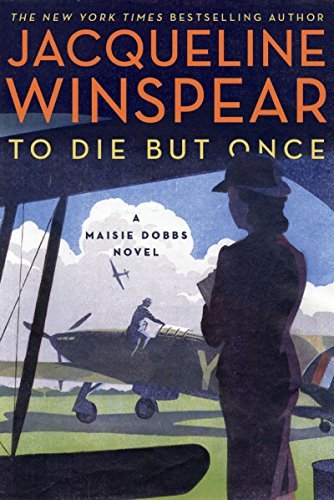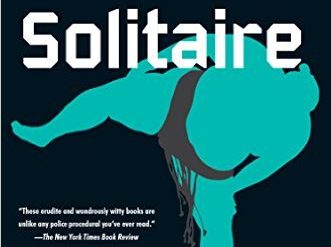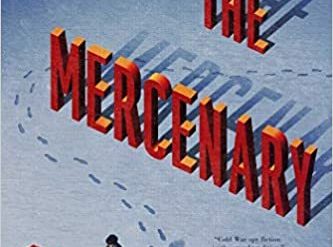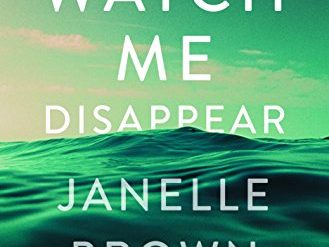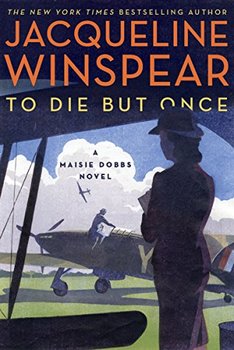
In the spring of 1940, World War II had been underway in Europe for more than half a year, but the violence had yet to come home to England. Suddenly, on May 10, Hitler’s legions rumbled across the borders of Belgium, Holland, Luxembourg, and, finally, France. The 300,000-man British Expeditionary Force had been deployed on the Continent to support the French Army. Now, it found itself steadily pushed into a tighter and tighter space along the coast around the French port of Dunkerque (Dunkirk).
Estimated reading time: 3 minutes
In the Battle of Dunkirk, the English people finally came to confront the terror of modern war. During ten days in late May and early June, German armies savaged retreating English and French troops and Stuka dive-bombers pounded ships sent to evacuate them. When the Admiralty confessed its inability to save the troops, newly installed Prime Minister Winston Churchill issued an open call for all British seagoing vessels to join the effort. The result was “the Miracle of Dunkirk” depicted in the popular 2017 film, Dunkirk.
To Die But Once (Maisie Dobbs #14) by Jacqueline Winspear (2018) 336 pages ★★★★★
On the home front, children have been evacuated from London to the countryside. In the “Phony War” that preceded the Nazi attack on the Low Countries, many families had begun to bring their children back to the city. Now, with British troops on the verge of annihilation on the Continent, a German invasion appears imminent, and that is changing. All the earmarks of home defense have sprung up: blackout curtains, barrage balloons, observation posts all along the coast, gasoline rationing, and “reserved professions” vital to feeding the people and, as the saying went, “keeping the home fires burning.”
This is the background against which Jacqueline Winspear’s fourteenth Maisie Dobbs novel is set. To Die But Once begins just days before the Battle of Dunkirk. Maisie’s practice as a “psychologist and investigator” has slowed, freeing her up to look into the disappearance of the teenage son of the couple who run the local pub. The young man had been sent to rural Hampshire as an apprentice to a painting crew working on a contract for the Royal Air Force. Maisie’s investigation confronts her and Billy Beale, her assistant, with a notorious gangster, war profiteers, and a plan to rob the Bank of England. Winspear tells the tale with her customary deep understanding of human behavior and her respect for historical accuracy. As she reveals in the Acknowledgments, the book was inspired by her late father, a young apprentice in a painting crew during the war.
For related reading
I’ve reviewed all the novels in this series at The Maisie Dobbs novels from Jacqueline Winspear.
You might also enjoy my posts:
- Top 10 mystery and thriller series
- 20 excellent standalone mysteries and thrillers
- 30 outstanding detective series from around the world
- Top 20 suspenseful detective novels
- Top 10 historical mysteries and thrillers
And you can always find my most popular reviews, and the most recent ones, on the Home Page.

